Category: Coronavirus
-
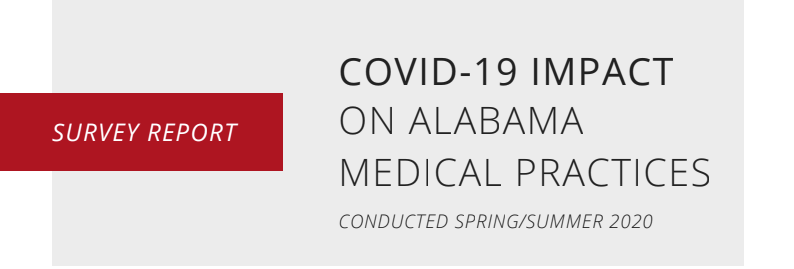
Op-Ed: Alabama Medical Practices Hit Hard by COVID-19, Survey Finds
By: John S. Meigs, Jr., MD, President Medical Association of the State of Alabama In a span of just a few months, the coronavirus pandemic has changed the way we function as a society and has fundamentally altered our healthcare delivery system. It has exacerbated weaknesses in the infrastructure of health care and exposed…
-
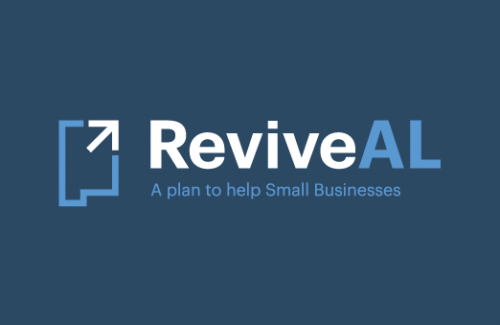
Small Business COVID-19 Grant Program Available
This week, Governor Ivey announced the Revive Alabama grant program to support small businesses, including some physician practices, in Alabama that have been impacted by COVID-19. The program will reimburse practices for expenses they have incurred due to interruptions in business activity caused by the pandemic. Practices that qualify as small businesses may receive up…
-
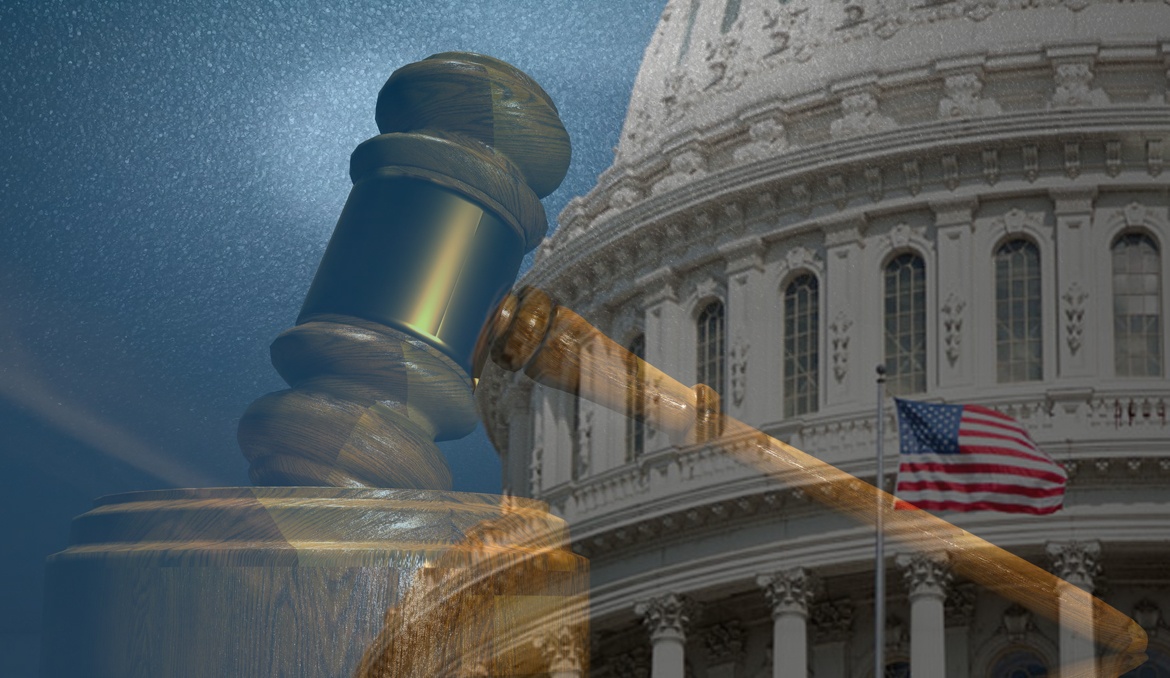
Advocacy Efforts During COVID-19
The spread of COVID-19 has affected nearly all aspects of our daily lives. For the Medical Association’s efforts in protecting physicians and patients, this was also true. Nonetheless, between March 13 (when Gov. Ivey issued the COVID-19 state of emergency) and mid-May, our advocacy work continued in full-force. Executive Actions & Proposals Worked with various…
-
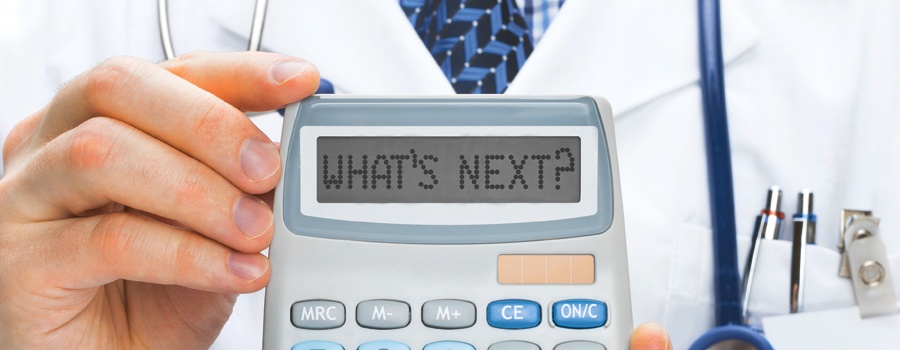
Provider Relief Fund Update
Last week, HHS launched an application portal to distribute $15 billion in CARES Act Provider Relief Fund payments to eligible Medicaid and CHIP physicians and organizations. The payment will be at least 2 percent of reported gross revenue from patient care, and the final amount will be determined based on submitted data, including the number of Medicaid…
-

Lights, Camera, Action…No!
By: Kelli Carpenter Fleming, Esq. The Office for Civil Rights (“OCR”), the entity responsible for HIPAA compliance and enforcement, has issued a series of guidance documents regarding the interplay of HIPAA and the COVID-19 pandemic. The most recent guidance serves as a reminder to health care providers to follow the requirements of HIPAA when speaking…
-
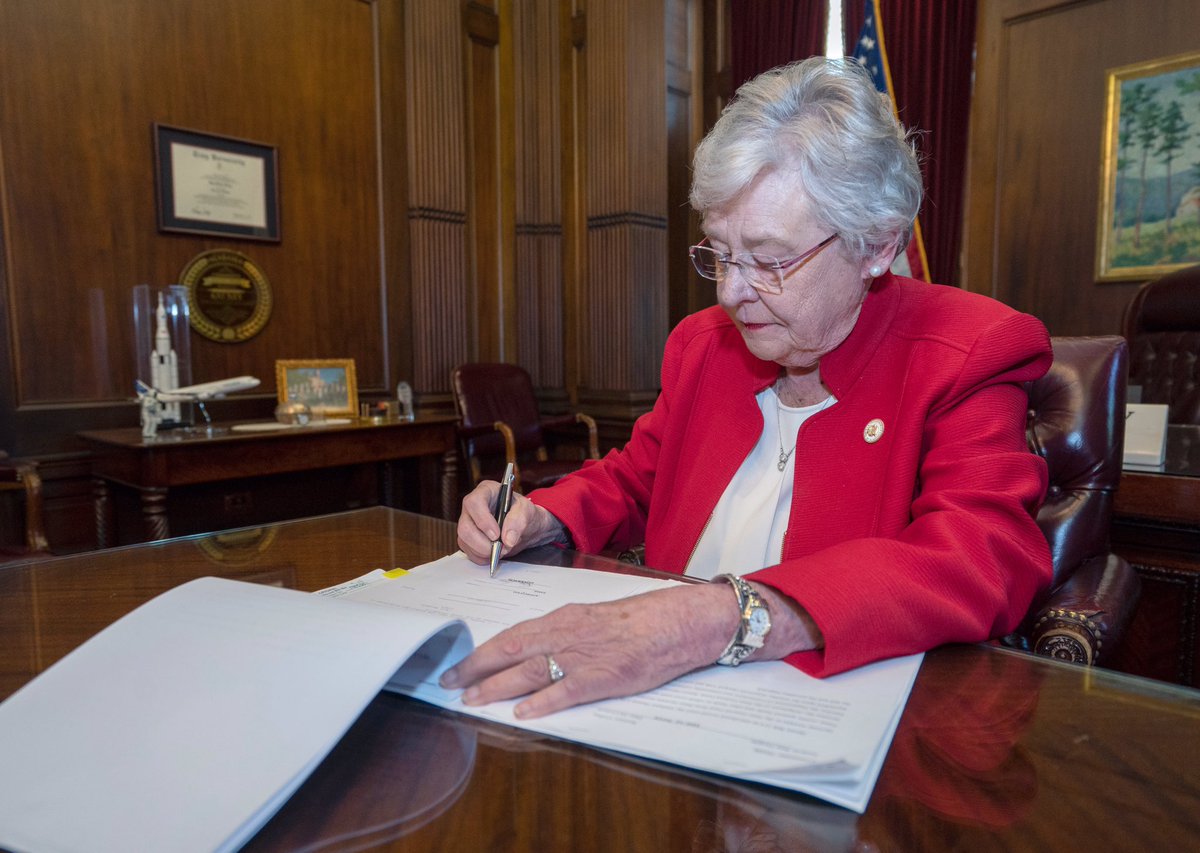
Gov. Ivey Provides Physicians Liability Protections from COVID-19
Today, Gov. Ivey issued an executive order protecting physicians, their staff, and their practices from lawsuits related to COVID-19. The governor’s order, the eighth such supplemental emergency order issued by her administration since the pandemic began, provides a “safe harbor” for services affected by COVID-19 or Alabama’s response to the pandemic and from other COVID-19…
-

Alabama Department of Public Health Advises Health Care Providers in Use of COVID-19 Tests not Approved by the United States Food and Drug Administration
The Alabama Department of Public Health (ADPH) supports health care workers’ efforts to care for Alabama citizens during this COVID-19 health crisis. As this public health emergency evolves, there is need for increased availability of SARS CoV-2 diagnostic testing. In response to this demand, the United States Food and Drug Administration (FDA) released policies to…
-

Chronic Care Management in the Coronavirus Pandemic
Article contributed by: Tammie Lunceford, CMPE CPC with Warren Averett Chronic Care Management Expands Care Several years ago, the Center for Medicare and Medicaid Services released Chronic Care Management to assist in improving patient outcomes, extend care, and improve quality in chronic illness. The initial chronic care code, 99490 allowed for 20 minutes of non-face…
-

The Privacy Vulnerabilities of Zoom Software and Potential Alternatives
Over the past month, as more nationwide “Shelter at Home” orders have been issued and more companies have transitioned to telework, the need for online meetings and webinars has skyrocketed. To accommodate this new way of doing business, many have turned to a platform called Zoom. The problem? No one bothered to read the fine…